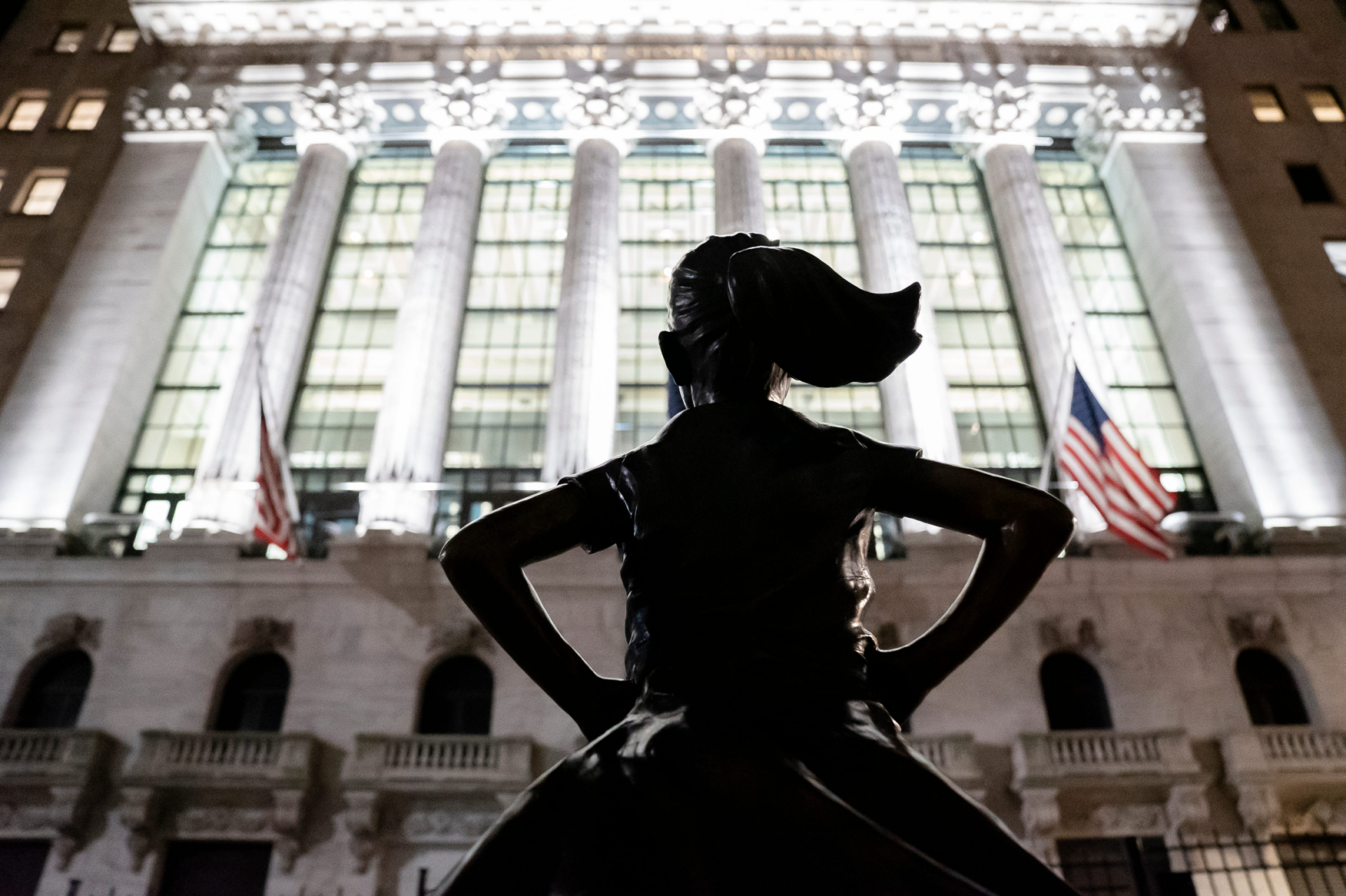Friday, August 2, 2024. Social media is buzzing but not with memes of Yusuf Dikec, the laid-back Turkish Olympic marksman who won silver in Paris, famously shooting with one hand in his pocket. Instead, the new trending topic is anything but chill: recession warnings in the United States. The main culprit? The unemployment rate, which climbed to 4.3% in July.
This number, the highest in three years, marks for many the end of the “soft landing” scenario with which the Federal Reserve (FED) had hoped would achieve its 2% annual inflation target without triggering a recession. However, more than the unemployment figure itself, what generated the most anxiety among market traders —avid followers of rules of thumb— was the activation of the Sahm Rule’s recession signal. This indicator, developed by American Economist Claudia Sahm, has accurately identified every U.S. recession since 1972.
Meanwhile, on social media, financial influencers are in full panic mode, running around LinkedIn, TikTok, and X with their hair on fire, proclaiming the arrival of the economic apocalypse (complete with a smug “I told you so” and the promotion of their latest Substack.). The narrative: Recession is imminent.
Monday, August 5, 2024. Global markets are reeling. In Japan, the Nikkei index posts its steepest decline since Black Monday in 1987. In the U.S., the S&P 500 and Dow Jones have their worst day since September 2022, while the Nasdaq plunges 3.4%. The yield on the 10-year U.S. Treasury bond drops below 3.7%, signaling heightened risk aversion. The VIX, often called the “fear index” for its measurement of stock market volatility, records the largest intraday spike in its history. Major currencies in emerging markets depreciate against the U.S. dollar.
Panic spreads. The recession narrative gains momentum. According to Google Trends, on Monday alone, searches including the word “recession” increased 20-fold compared to the previous Monday (a 1,900% increase).
Thursday, August 8, 2024. Calm settles. The glorious calm. A Fed statement that more explicitly signals readiness to cut the benchmark rate in September, combined with unexpectedly benign data on U.S. Unemployment Insurance Claims (UI Claims), acts like a refreshing deep breath, reviving the markets.
Quiet seagulls soar over the remnants of the recent storm. A Bob Marley song drifts from an old radio, half-buried in the white sand of a deserted beach. Influencers replace their fiery apocalyptic posts with heartfelt tributes to the top athletes of the Paris Olympics. No trace remains of the capillary conflagration that inflamed their scalps at the beginning of the week.
At this point, dear reader, you are likely asking yourself with much warranted perplexity: So, will there be a recession or not?
Not without regret, I must begin my answer by invoking one of the most notorious clichés of the economics profession: the infamous “it depends”.
But what does it depend on? Two forces interact to determine whether a recession will materialize: Economic Fundamentals and Narratives.
Starting with the economic fundamentals, the short answer is No. The data do not provide sufficient evidence of economic weakness to justify a recession. “But what about the Sahm Rule—the one that’s never wrong?” you might push back. Even then, dear reader, the answer remains No. Let’s explore why.
Regularities in the data (on which the accuracy of the Sahm Rule and other indicators, such as the inversion of the yield curve, depend) are good predictors of recessions as long as the structural behavior of the economy remains relatively stable over time.
However, as the extraordinary Carmen Reinhart would say -and with apologies to all those economists out there who are sick of hearing it-, this time is (actually) different. The behavior of households and firms has shifted significantly in recent years. In addition to this, there are critical conjunctural factors that suggest we might be facing a false alarm.
For example, according to the U.S. Department of Homeland Security (DHS), around 3.3 million immigrants entered the United States in 2023, more than three times the annual average of recent years (around 1 million). This extraordinary influx has led to substantial growth in the labor force, which implies that a significant portion of the increase in the unemployment rate might be due to this surge in immigration, rather than a weakness in labor demand by firms. This hypothesis is consistent with what the data is showing: there is no evidence of a material increase in layoffs.
On the other hand, in addition to the labor market not yet showing significant cracks that could justify a recession, household consumption remains robust, the financial system appears sound —bolstered by the more stringent regulations of the last 15 years— and the FED has ample room to cut its policy rate (currently in the 5.25%-5.5% range) should the economy deteriorate further.
But let us not rush to declare victory. Economic fundamentals can be quickly undermined by negative narratives that go viral. As my wise grandmother used to say: “My boy, perceptions are realities.” She never met Nobel Prize-winning economist Robert Shiller nor read his book Narrative Economics, but I believe they would have gotten along very well. To paraphrase Shiller: “Economic narratives have the ability to spread rapidly, much like infectious diseases.”
In fact, connecting this with Sapiens by Yuval Noah Harari —another great book by another great author— our predisposition toward narratives, even those that reinforce cognitive biases and lack an objective basis, is a survival mechanism embedded in our DNA since the origins of our species. Our brains instinctively seek to confirm prior beliefs and justify the latest crisis du jour!
Thus, even if economic fundamentals are not pointing towards a recession and this past week’s social media frency was merely an overreaction to false alarms from imperfect indicators, the viral hair-on-fire narratives might be enough to turn unfounded perceptions into a real recession.
Influencers, take it easy. Be more like Yusuf.











